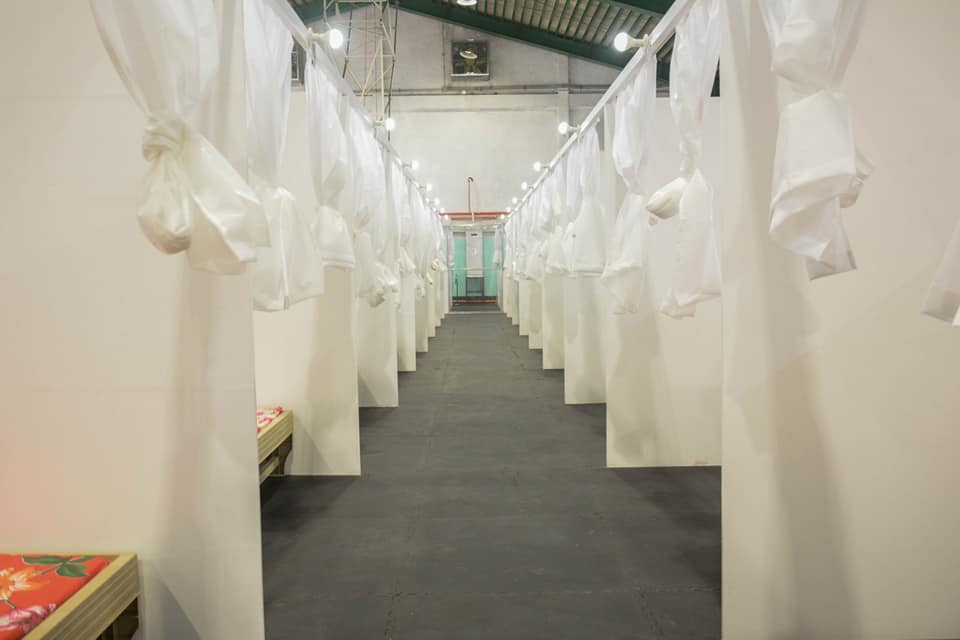Health
Healthcare system capacity expanded during ECQ: DOH exec

MANILA – A health official on Monday said the two-week enhanced community quarantine (ECQ) in Metro Manila and four nearby provinces has allowed the government to expand the healthcare system capacity, resulting in additional 164 intensive care unit beds, 2,000 isolation beds, and 700 ward beds.
“I cannot say really, hindi ko masasang-ayunan ang HPAC [Healthcare Professionals Alliance Against Covid-19] dito na sinasabi nilang (I cannot agree with what HPAC said that), it has gone to waste because we have implemented measures,” Department of Health Undersecretary Maria Rosette Vergeire said in an online media forum.
Earlier, the HPAC said the ECQ has been turned into waste because reforms like incident management team, integrated ICT (Information and Communication Technology) laws, and social safety nets were not implemented.
“We have mobilized our local governments; we have expanded our bed capacity. Their other recommendations like the interoperability of our systems, that’s being worked on pero hindi po iyan matatapos ng isa o dalawang linggo (but they won’t be completed in one or two weeks),” Vergeire said.
Apart from additional beds for patients with Covid-19, the government was able to distribute personal protective equipment (PPE) to hospitals and procure mechanical ventilators and nasal cannulas.
“Nung isang linggo nagbaba tayo ng (The other week, we released), additional funds for hospitals to procure other resources they need for managing patients,” Vergeire said.
During the ECQ implementation from March 29 to April 11, she said the local government units (LGUs) were instructed to strengthen incident command centers where triaging is being done to break the chain that people go directly to the hospitals and to further decongest the hospitals.
Vergeire noted that the country’s contact tracing capacity has also improved during ECQ implementation.
“The Department of Labor and Employment through their TUPAD Program will be providing additional contact tracers to our LGUs and the DILG (Department of the Interior and Local Government) is hiring again to augment these contact tracers and the uniformed personnel are already helping,” she said.
She said the decline in the number of Covid-19 cases is expected to be seen only after 10 to 14 days from the time the ECQ ended on April 11.
On Sunday, President Rodrigo Duterte approved the recommendation of the Inter-Agency Task Force for the Management of Emerging Infectious Diseases to place NCR Plus (Metro Manila, Bulacan, Cavite, Laguna, and Rizal) under less restrictive modified ECQ (MECQ) from April 12 to 30.
Besides NCR (National Capital Region) Plus, also under MECQ are the City of Santiago in Isabela, Quirino province in Region 2, and Abra in the Cordillera Administrative Region.
Cagayan, Isabela, Nueva Vizcaya (Region 2), Batangas (Region 4-A), Tacloban City (Region 8), Iligan City (Region 10), Davao City (Region 11), and Lanao del Sur (BARMM), and Quezon will be under general community quarantine (GCQ).
The rest of the Philippines will be under the least restrictive modified general community quarantine (MGCQ).





















